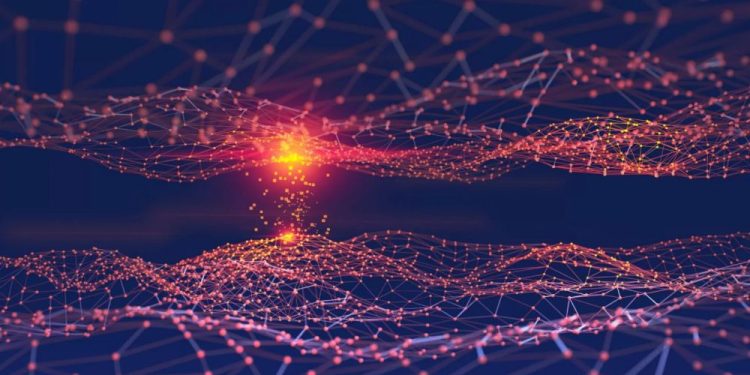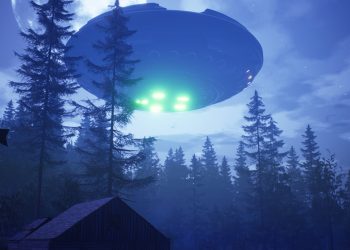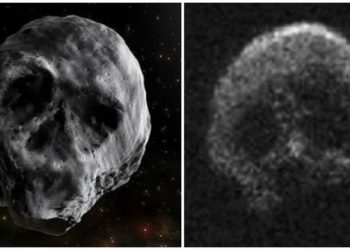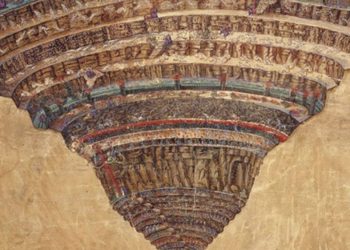What exactly is reality? And how do we define it? Is everything around us real? Or are we living inside a simulated universe? There have been revealing papers that have pondered how objective reality is.
What if the Matrix was a documentary? Ok, I’m kidding there, but let’s step aside from everything we believe as reality and look at things from a different, perhaps controversial, perspective.
What if the universe we see as something physical there isn’t?
A new theory proposed by an America-Russian physicist suggests that our universe is, in fact, a massive neural network, redefining again what reality is. A natural network can be explained as an interconnected computer system that resembles, in specific ways, the human brain. A neural network can learn as it goes along, changing how it is used depending on the information given to particular nodes and connections.
A paper uploaded to the prepping server arXiv by professor Vitaly Vanchurin from the University of Minnesota Duluth attempts to redefine our view of reality and the universe we live in.
Professor Vanchurin argues that there’s a pretty good chance that we are inhabiting a “reality” that exists inside a massive neural network that governs everything that we perceive as reality.
Exploring his theory, professor Vanchurin formulated that there’s a “possibility that the entire universe on its most fundamental level is a neural network.”
The theory proposed by Vanchurin is undoubtedly refreshing. In the past, we had heard various theories. Some of them suggest that the universe we live in is a massive computer simulation and that nothing we perceive as reality is, in fact, so.
Also, a paper written by Nick Bostrom, a professional philosopher in the United Kingdom, argues that at least one of the following propositions is true: (1) the human species is very likely to go extinct before reaching a “posthuman” stage; (2) any posthuman civilization is extremely unlikely to run a significant number of simulations of their evolutionary history (or variations thereof); (3) we are almost certainly living in a computer simulation.
As revealed by Futurism, for several years, scientists have attempted to reconcile quantum mechanics and general relativity. Quantum mechanics proposes that time is universal and absolute, while the other argues that time is relative and linked to space-time’s very fabric.
Now, Professor Vanchurin explains that artificial neural networks can exhibit “approximate behaviors” of both universal theories mentioned above.
Since quantum mechanics “is a remarkably successful paradigm for modeling physical phenomena on a wide range of scales.”
“It is widely believed that on the most fundamental level, the entire universe is governed by the rules of quantum mechanics, and even gravity should somehow emerge from it,” professor Vanchurin writes in his paper.
Professor Vanchurin has revealed that in certain conditions — near-equilibrium — the learning behavior of a neural network can generally be described with the equations of quantum mechanics. Still, eventually, the laws of classical physics came into play.
“As far as we know, quantum and classical mechanics is exactly how the physical world works,” professor Vanchurin told Futurism.
Furthermore, professor Vanchurin has explained that if such a neural network exists, everything–from particles, and atoms to cells and beyond–would eventually emerge in a process analogous to what we perceive as evolution.
For me, the theory proposed by Professor Vanchurin is a daring, exciting look at the universe.
Join the discussion and participate in awesome giveaways in our mobile Telegram group. Join Curiosmos on Telegram Today. t.me/Curiosmos











